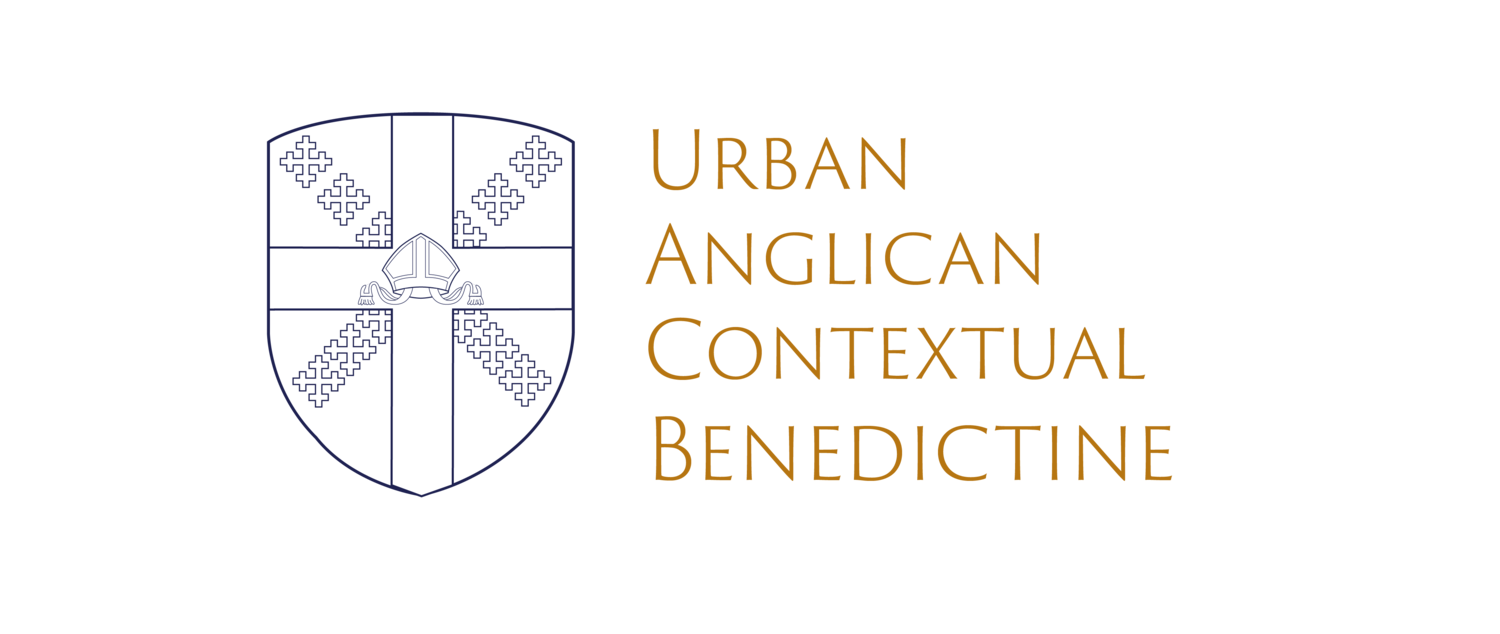Robert Cromey ’56: How The General Theological Seminary Enriched My Life
RWC is retired and lives in San Francisco with his wife Ann. He served parishes in New York and in San Francisco, where he has lived since 1962. He retired after twenty years as rector of Trinity, SF for 20 years. He was active in the civil rights, LGBT, Women’s rights and Peace movement since the 60s. He has three daughters and five grandchildren.
My theological education continued when I entered The General Theological Seminary in 1953. As a church going Episcopalian, I went to church regularly. At New York University, the Canterbury Club helped get me through the atheism of that huge secular college. The first striking relief at GTS was that I did not have to believe in the Bible literally. Any book or passage had to bear the scrutiny of the questions of; Who is the author? What is its date? and What is the purpose? We had to bring literary criticism to the entire scripture. We saw the Bible as a rich, artistic, mystical and spiritual library, not a law book. It is a book containing story, history, poetry, biography, prophecy, letters and propaganda. The gospels each were written to convert Jews or Gentiles to Christ. The epistles are the teachings and opinions of the writer, limited by his time and place, and not to be taken as universal laws. Like Paul’s teaching about women or homosexuals. It was a gift of great freedom to interpret for ourselves the meanings of the particular passages.
We also learned to examine the creeds and beliefs of the church with a critical eye. The doctrine of the Trinity was the church’s struggle to define God, one in three persons. How to hold the monotheism of the Jews and still accept other ways that God was perceived, namely son and holy spirit? The complex and ambiguous formula suited the need of he church at a particular time in history.
Then there was the problem of Jesus. Defined as truly God and truly man is a good formula. But it is vague and paradoxical. Our professor of Dogmatic Theology, Julian Victor Langmead Casserly said the doctrine of the Trinity and the Incarnation were the beginning of the discussion, not the end.
Classes in Christian Ethics: Just War, peace, birth control, abortion, sex and eugenics and others were discussed. Lectures by the head of the George Henry Foundation opposed the persecution of homosexuals. It was a hush hush topic at the time, though some students and faculty were gay. W. Norman Pittenger, Professor of Apologetics, after he retired, came out proudly as a gay man.
Worship in the chapel was important in the life of students and faculty. The beauty of worship was emphasised by order, precision, color, music and quiet. The burr of 150 men chanting evensong or the mass rings in my ears today. There were no women at General in those days. I love the mixed men and women’s voices in today’s worship at the seminary.
The setting of the seminary in the heart of New York City meant we saw and felt the degradation of blacks, Puerto Ricans, Jews and immigrants who hurled by us as we left the seminary and went out into the city and world.
The atmosphere of serious learning and deep worship enriched my life. I became a good priest, pastor and noisy advocate of social and political issues. We learned that the gospel of Jesus relates directly to to the social, psychological, racial, sexual, political and social life of the people of the world.

